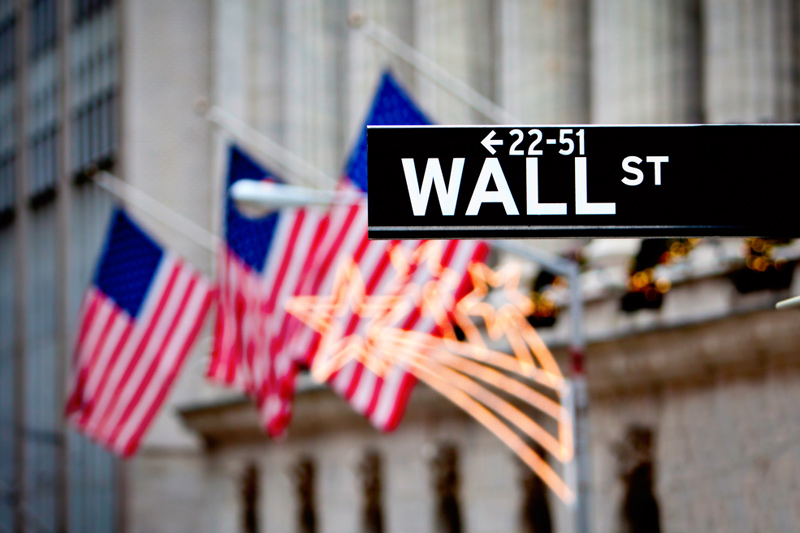By Geoffrey Smith
Investing.com -- U.S. stock markets opened mostly lower on Thursday, and all three indexes turned red as the aggressive buying of options in tech stocks by retail traders over recent weeks continued to unwind.
By 11:00 AM (1500 GMT), the Nasdaq Composite, which has marched from one record high to another in recent weeks, was down 3.5%, while the S&P 500, which also closed at a new record high on Wednesday, fell 2%. The Dow Jones Industrial Average, which has less exposure to tech than the other two big boards, fell 358 points, or 1.2%.
The market showed little reaction to a mixed set of data from the labor market ahead of Friday's official government payrolls number. The Challenger job cuts survey appeared to show a sharp drop in layoffs in August to 115,800 from over 262,000 in July. Initial and continuing jobless claims also posted their sharpest weekly drops in months. However, there was a surge in those requesting Pandemic Unemployment Assistance, meaning that there were still 29 million Americans claiming all forms of unemployment-related benefits as of the middle of August.
The Institute of Supply Management's non-manufacturing purchasing managers' index fell by more than expected to 56.9, though still a level that implies robust growth.
The losses were led by some of the names that have made the biggest gains in recent weeks. Tesla (NASDAQ:TSLA) stock fell 8.9% while Apple (NASDAQ:AAPL) stock fell 4.9%. While Tesla was still arguably dealing with the overhang of stock placed earlier in the week by U.K.-based Baillie Gifford, one of its biggest institutional investors, there was no obvious news flow behind Apple's movement.
Other stocks to fall sharply in the morning included Zoom Video (NASDAQ:ZM), which lost 9.9% in an extended pullback, after rocketing by over 20% in response to strong quarterly numbers earlier in the week. Peloton Interactive (NASDAQ:PTON) stock also fell 9.8%.
Analysts at Saxo Bank noted that the extraordinary moves of some hot tech stocks in recent weeks had been caused by brokers buying the stock to hedge exposures taken by selling call options to retail traders well above current market levels (so-called 'out of the money' calls).
"These options dynamics are causing massive intraday volatility in certain stocks, so we recommend traders and investors to prepare for large sudden intraday moves," Saxo wrote in a note to clients Thursday. "Tesla Sep 18 call options with strike at $450 (just above yesterday’s close) are trading at implied volatility of 120% indicating the huge uncertainty in Tesla’s share price. This means that investors buying call options really need big moves to the upside to get the calls in the money. At some point many investors buying these calls will learn it the hard way that these implied volatility levels are extremely elevated and expensive."
For now, though, the army of retail traders that has driven much of this year's rally seems undaunted. Open interest in the futures contract mentioned by Saxo actually increased on Wednesday, meaning that traders raised their exposure.
